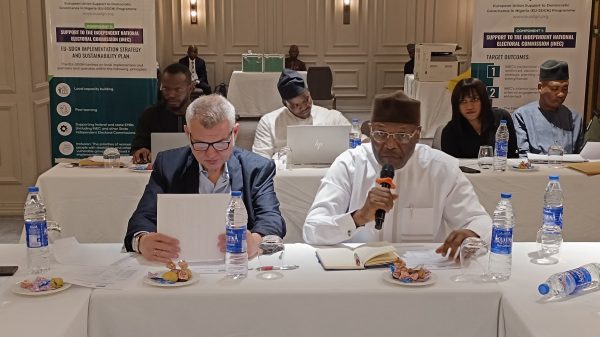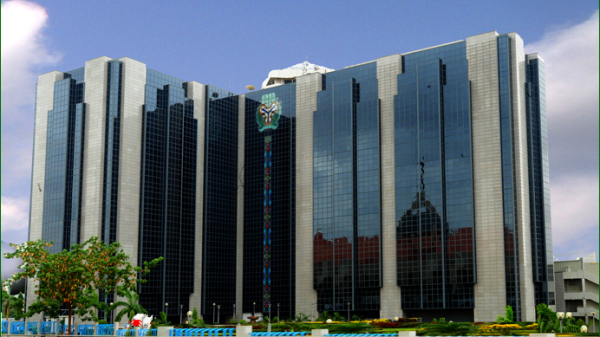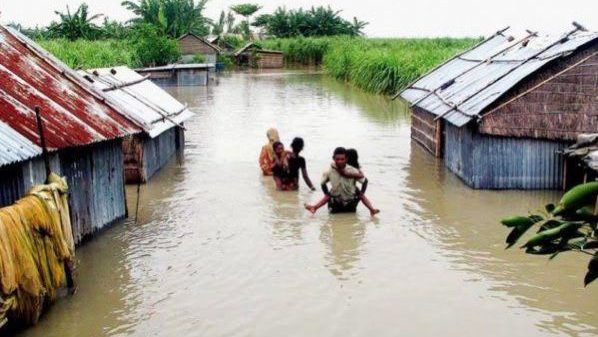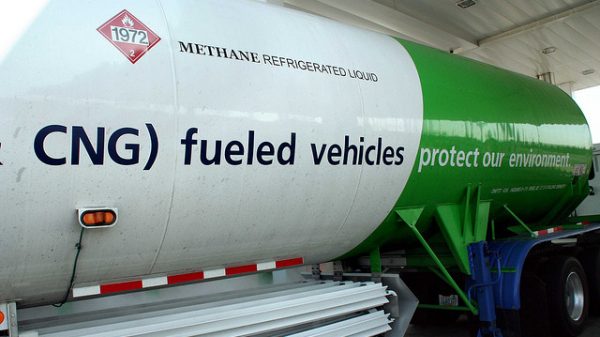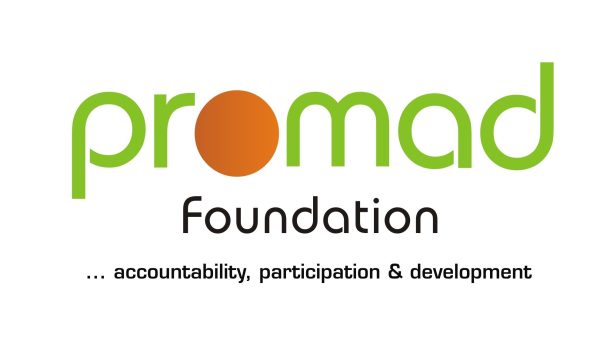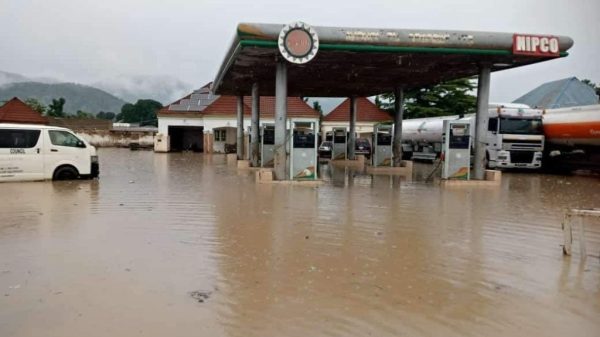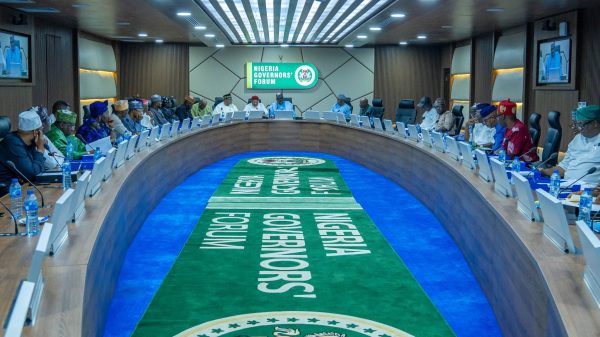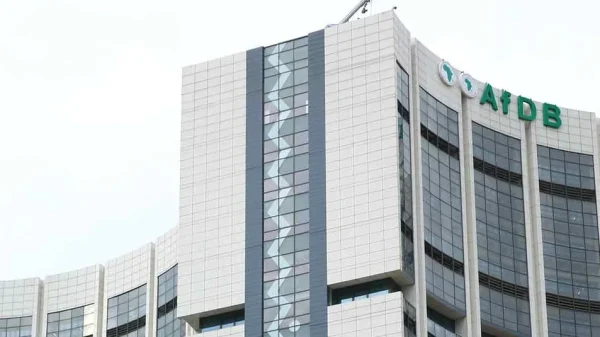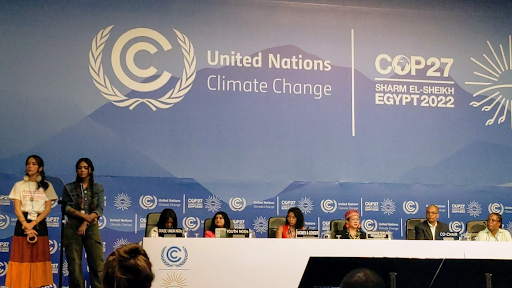Technocrat Media
To avert the food crisis in Africa, the African Development Bank (AfDB) says it is planning to raise $1 billion to boost wheat production.
The bank said the potential of food shortages arising from the invasion of Ukraine by Russia is high.
AfDB boss, Akinwumi Adesina, said the fund would help 40 million African farmers utilise climate-resilient technologies and increase their output of heat-tolerant wheat varieties and other crops, TheCable reported.
“We are going to be really ramping up our efforts to mobilise that money,” Bloomberg Quint quoted Adesina as saying.
“If there was ever a time that we needed to really drastically raise food production in Africa, for Africa’s food security and to mitigate the impact of this food crisis arising from this war, it is now.”
According to Mr Adesina, wheat imports account for about 90 percent of Africa’s $4 billion trade with Russia and nearly half of the continent’s $4.5 billion trade with Ukraine.
AfDB president said the risks are particularly acute in Africa, where about 283 million people were already going hungry before the onset of the war.
But for Nigeria, where wheat is the third most consumed grain, the protraction of the war could be catastrophic.
According to the National Bureau of Statistics (NBS) at the end of the third quarter of 2021, data showed that Nigeria imported durum wheat and mackerel worth N88.46 billion and N30.69 billion, respectively, from Russia.
Durum wheat is used for bread-making, and it is the second most cultivated specie of wheat after common wheat.
According to AfDB, the plan is to increase the production of wheat, rice, soybeans, and other crops to feed about 200 million Africans.
Adesina said he is planning a meeting of the continent’s finance and agriculture ministers to discuss how best to finance it.
He noted that new methods have already helped Ethiopia raise its wheat production, and it now expects to be self-sufficient in supplying the grain within three years.
“Surplus production could then be exported to countries like Egypt, the world’s top wheat importer,” he said.
AfDB, aside from boosting food production, has also embarked on a drive to accelerate the financial closure of 42 deals worth about $58 billion that are already in the pipeline.
Excellent journalism is expensive. It is only the same that can help to build our society and country to entrench good governance, development and ensure justice for all.
We need your support for investigative findings and special reports to demand accountable and transparent government. DONATE today to help us stay relevant to serve your quest for accurate and authentic stories.
DONATE TO 0450702364, naira OR 0657626454, USD – GTBANK
TECHNOCRAT INNOVATIONS PLUS LTD






